detail profile albert camus
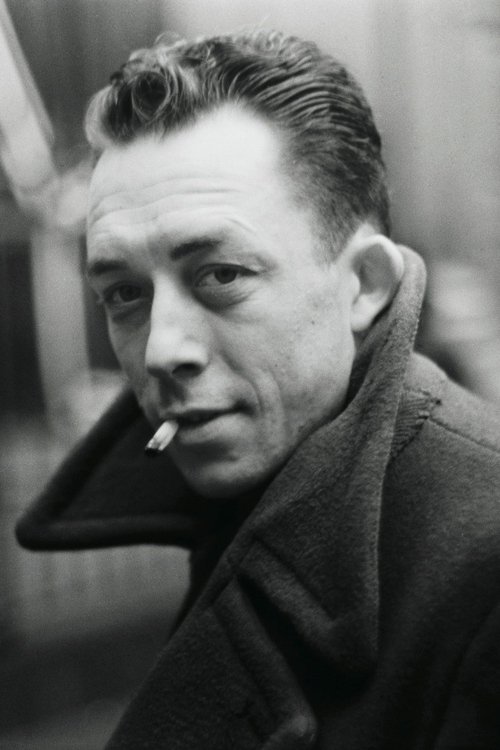
Riwayat Hidup
Albert Camus was a French Algerian philosopher, author, and journalist.
He won the Nobel Prize in Literature at the age of 44 in 1957, the second-youngest recipient in history.
Camus was born in Algeria to French Pieds Noirs parents.
His citizenship was French.
Info Pribadi
Peran Yang Di Mainkan Albert Camus
 Albert Camus died at 46 years old...
Albert Camus died at 46 years old...The Lives of Albert Camus 2020
Albert Camus died at 46 years old on January 4, 1960, two years after his Nobel Prize in literature. Author of “L'Etranger”, one of the most widely read novels in the world, philosopher of the absurd and of revolt, resistant, journalist, playwright, Albert Camus had an extraordinary destiny. Child of the poor districts of Algiers, tuberculosis patient, orphan of father, son of an illiterate and deaf mother, he tore himself away from his condition thanks to his teacher. French from Algeria, he never ceased to fight for equality with the Arabs and the Kabyle, while fearing the Independence of the FLN. Founded on restored and colorized archives, and first-hand accounts, this documentary attempts to paint the portrait of Camus as he was.
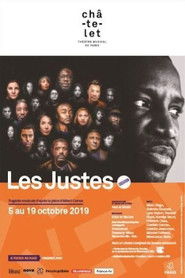 Today immense confusion reigns over the...
Today immense confusion reigns over the...Les Justes 2019
Today, immense confusion reigns over the quest for the absolute, revolt and fury, violence and its appendages. And many people plunge back in Albert Camus' work to find answers. In the foreword to his play, the philosopher and writer summarizes the intrigue as follows: "In February 1905, in Moscow, a group of terrorists, belonging to the Socialist Revolutionary Party, organized a bomb attack against the Grand Duke Serge, Tsar's uncle ”. The rapper and slammer Abd Al Malik offers with this "musical tragedy" a contemporary staging of "The Just", a complete creation, faithful to the text of Camus, but reinventing a scenic and musical language resolutely inscribed in our time.
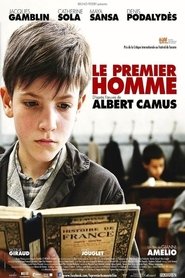 Based on a novel that Albert...
Based on a novel that Albert...The First Man 2011
Based on a novel that Albert Camus was working on when he died, we follow Jacques Comery as he travels back to Algeria in 1957, a place full of childhood memories. The country is split between those wanting to remain a part of France, and those demanding independence. Reminiscences of his mother, his stern grandmother and a young Arab boy come flooding back.
 An account of the brief life...
An account of the brief life...Amour de vivre 2010
An account of the brief life of the writer Albert Camus (1913-1960), a Frenchman born in Algeria: his Spanish origin on the isle of Menorca, his childhood in Algiers, his literary career and his constant struggle against the pomposity of French bourgeois intellectuals, his communist commitment, his love for Spain and his opposition to the independence of Algeria, since it would cause the loss of his true home, his definitive estrangement.
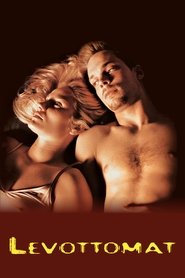 Ari a paramedic is a chronic...
Ari a paramedic is a chronic...Restless 2000
Ari, a paramedic, is a chronic womanizer; he makes it a point of pride to never sleep with the same woman twice, and his nights are a long series of brazen one-night stands. But when Ari meets Tiina, something unexpected happens – he falls in love.
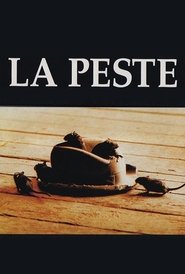 In a city in South America...
In a city in South America...The Plague 1992
In a city in South America an outbreak of bubonic plague occurs. While people try to flee and the military close the city, an idealistic doctor decides to stay and help the sick. In the ever-changing circumstances, he puts up a brave fight, being helped by others but also involving them without being able to control the situation.
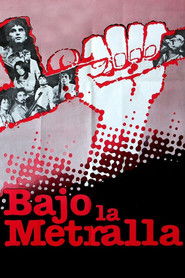 A guerrilla commando tries to kidnap...
A guerrilla commando tries to kidnap...Under the Shrapnel 1983
A guerrilla commando tries to kidnap a politician. In the attempt, several policemen and a guerrillero die. By chance the head of the kidnappers meets an old colleague; to prevent him from betraying them, he kidnaps him.
 A man who has been living...
A man who has been living...A Town in Fog 1978
A man who has been living overseas for many years returns home to find his sister and widowed mother are making a living by taking in lodgers and murdering them.
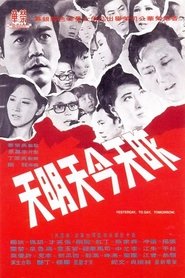 Inspired by Albert Camuss The Plague...
Inspired by Albert Camuss The Plague...Yesterday, Today, Tomorrow 1970
Inspired by Albert Camus’s The Plague, Yesterday, Today, Tomorrow is perhaps Lung Kong’s grandest vision, and a testament to his uncompromising humanist convictions. From a rat infestation in the slums, a fast-spreading virus grips Hong Kong, inducing panic when the government is slow to react. Mercilessly cut down by censors for its frank portrayal of class and political conflicts at the time of its release, the film found new critical acclaim in during the SARS outbreak decades later. In 2011, it was placed on Hong Kong Film Archive’s list of the 100 must-see Hong Kong films of all time.
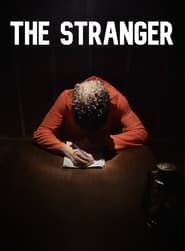 An emotionally indifferent mans mother passes...
An emotionally indifferent mans mother passes...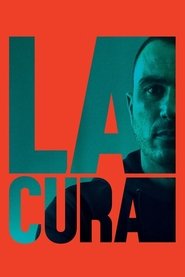 During the Covid19 lockdown a film...
During the Covid19 lockdown a film... A French teacher in a small...
A French teacher in a small...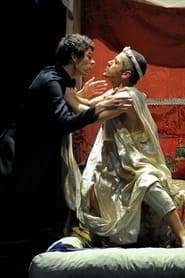 A staging of Albert Camus play...
A staging of Albert Camus play...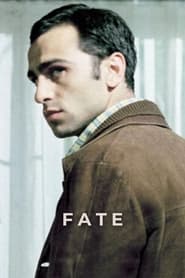 Musa a customs clerk lives quietly...
Musa a customs clerk lives quietly...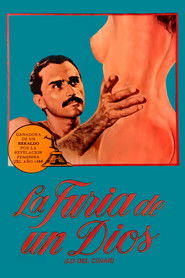 On the beach lies the body...
On the beach lies the body...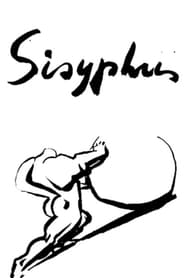 The film is an artistically spare...
The film is an artistically spare...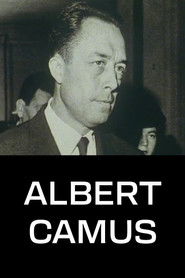 A documentary on Albert Camus
A documentary on Albert Camus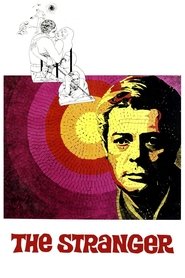 Meursault is a man who feels...
Meursault is a man who feels...